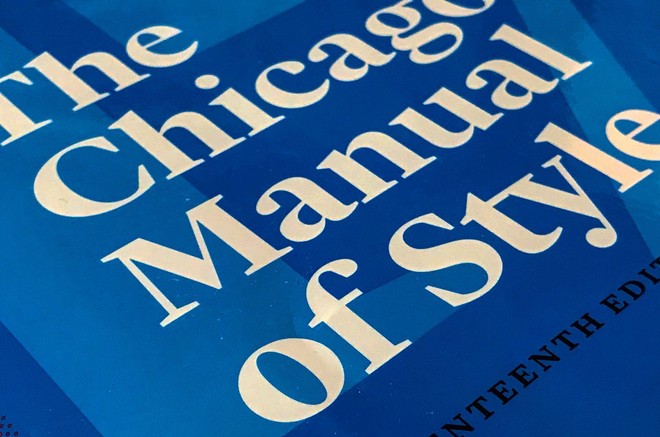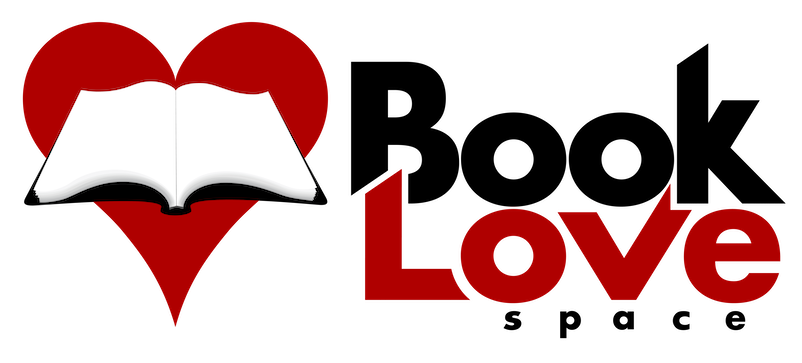Editing
In this article:

Types of Editing #
There are no hard lines between the different types of editing. It’s all on a spectrum. How much of what kind of editing I do depends upon what you’re looking for, what you need, what works for you.
Copyediting / Line Editing #
Copyediting includes cleaning up grammar and typos, looking for consistency in spellings, hyphenated phrases, capitalizations, that kind of thing.
With line editing, I also strengthen your style, following your lead, work for consistency of voice
What kind of editing I do for you varies. Before starting, we’ll discuss what you’re looking for and agree on the scope of editing work.
In general, I use the Chicago Manual of Style as a style guide. But a style guide is not the law. Most of the “rules” cited casually in writing forums are really just suggestions. I follow your lead and strengthen what you’re already doing.
What you receive back is the manuscript document in Microsoft Word format with track changes enabled, which shows all the edits made, and inline comments to explain a suggestion or alert you to a potential issue that falls outside of scope.
I also create a stylesheet that notes stylistic conventions followed in the manuscript. (If you already have a stylesheet from a previous edit or the editor of another book, please do share it with me. We don’t want to be spending time and money reinventing the wheel.)
Developmental Editing #
Developmental editing focuses on the big-picture, looking at the story as a whole, with an eye on character development, plot, world building, dramatic tension, emotional pacing. You receive a multipage analysis of the manuscript.
Manuscript Critique #
A lighter process than developmental editing, manuscript critique is more of a beta read plus. I read your story as a reader, and give you my high-level assessment of what’s working, moments of missed opportunity, potential problems for you will want to look at in your next rewrite, questions about your characters. I will also answer, to the extent I am able, the top 5–10 questions that you have about your manuscript. (I’ll need them ahead of time so I can keep them in mind as I read. And if you don’t have questions, that’s OK.)
Workshopping #
This involves everything, from the big-picture perspective (character development, story structure, dramatic tension, emotional engagement, world building, continuity, themes, genre conventions, and so on) down into text (authorial voice, writing style, punctuation and grammar, and suggesting edits).
This is the most hands-on intensive editing I do. What I focus on includes:
- Dramatic tension. Does the story have a rhythm that builds reader anticipation?
- Character development. Often a problematic area of the story can be because a piece is missing or underdeveloped in the character wants and needs.
- World building. This applies especially in science fiction, fantasy, and historical fiction.
- Story structure.
- Scenes / chapters / sequences that aren’t working and deflate the main tension, block the plot, sidetrack the focus.
- Complementary story lines and subplots, and how effectively they interweave with main story.
- Continuity. She had red hair on page 8, but it’s blonde two hours later on page 10. What happened to the knife he put in his pocket?
- Light fact checking. Did that model radio exist in that year?
- Does the ending work?
- Missed opportunities.
- Opportunities to cut.
Because this level of work is so involved, each round is limited to no more than 10,000 words. It might be chapters from a novel, or a shorty story you’re working on. This limit allows me to do the work justice and get it back to you in a reasonable timeframe.
Follow-up consulting #
I want you to feel comfortable with the work I do, so all editing projects include some time after it’s done to discuss my notes and your thoughts, cover any questions you may have, and clarify any points of confusion or concern.
My Areas of Specialty #
While I copyedit all kinds of fiction and trade nonfiction, I try to limit more involved editing to fiction, preferably in categories and genres I’m most familiar with: science fiction, fantasy, historical fiction, women’s fiction, mystery, and literary fiction.
Stories are my passion. They come alive through words. Words bring color. Phrases beget sound. A paragraph evokes a memory. The clear voice carries us into another world. We understand our world through stories.
If I am not all that familiar with your genre, I will let you know in advance. My experience, expertise, and interests revolve around science fiction, fantasy, historical fiction, literary fiction, and what the industry calls women’s fiction. Non-fiction interests delve into culture, the arts, technology, sciences, and history for the general reader.
(Note: While I will flag a factual error that leaps out at me, fact-checking is not part of my editing services.)
Rates #
I evaluate your manuscript before starting and give you a fixed bid based on your word count and how much editing work I’ll need to do.
Let’s Talk! #
If you think we might be a good fit but you’re still not sure, contact me! It all starts with a conversation.
